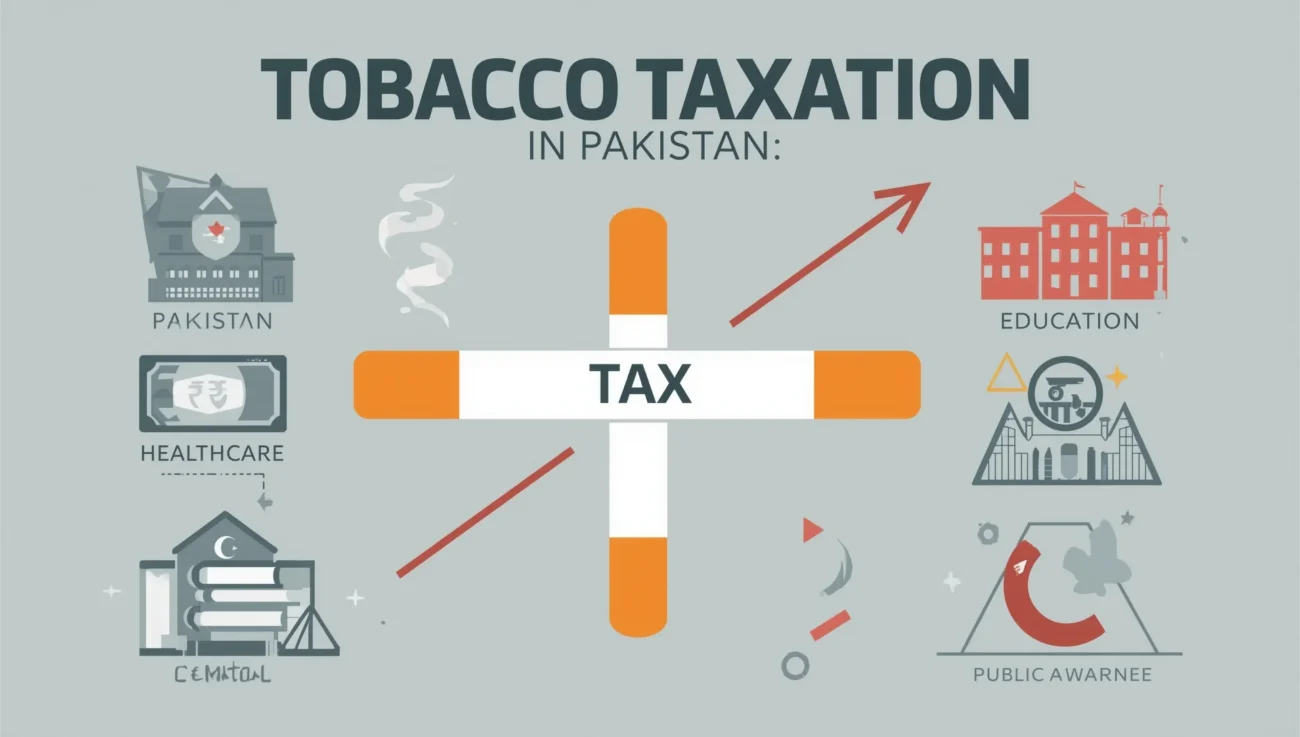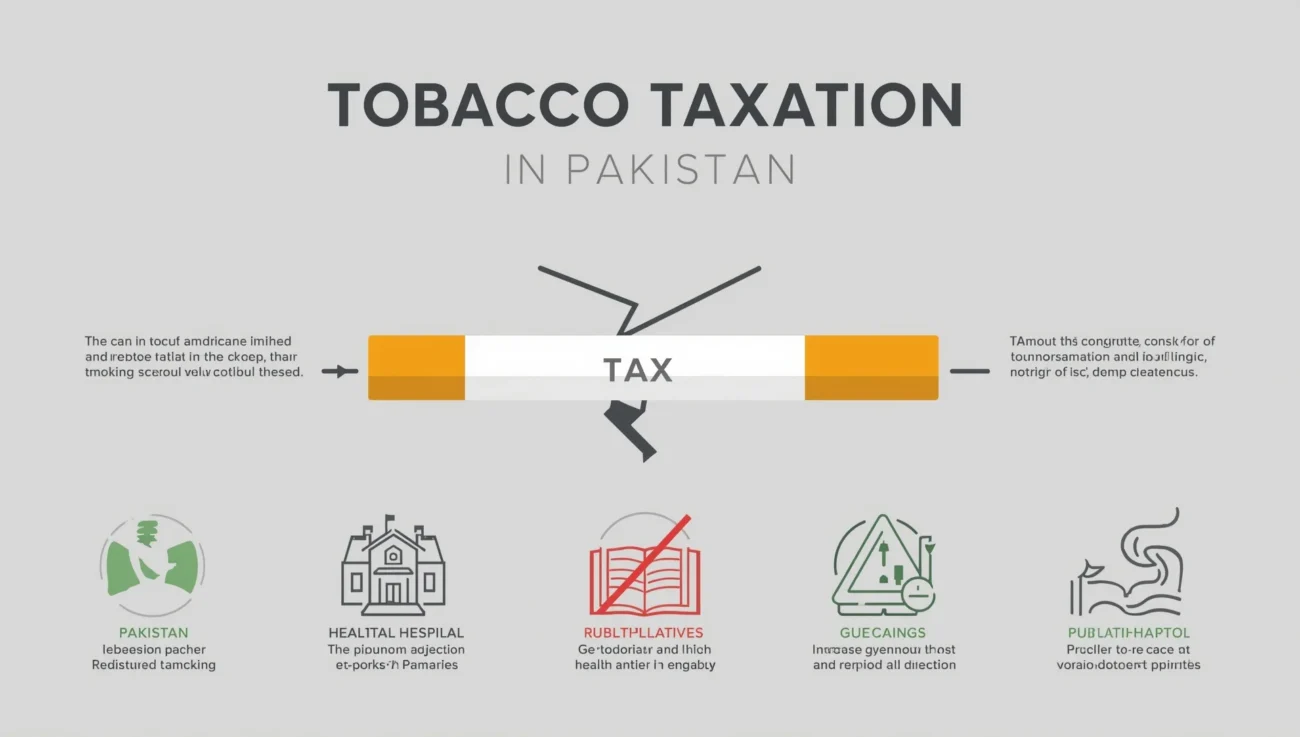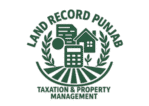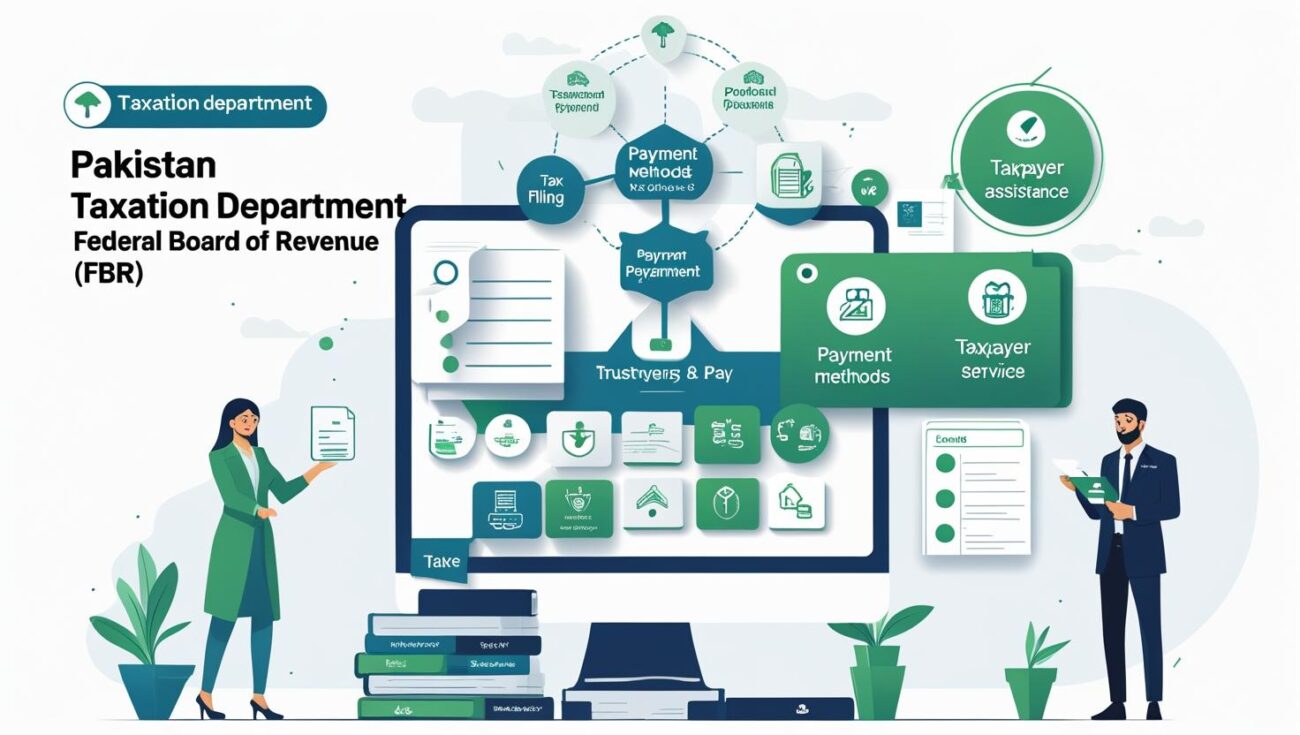Taxation of tobacco in Pakistan has been seeing an increasingly high profile in the manner it is shaping up the health of the people and in controlling government revenues. Due to the increasing cost of health-care in the country which has been linked to the use of tobacco products, the financial approaches regarding tobacco products has become a national concern.
The main aim of the taxation structure around tobacco is to curb the usage of tobacco and generate more revenue to be used by the populace, which is the factor that reinforces the backbone of Pakistani health and revenue policy. Although laws on tobacco control have been enacted and other countries have put pressure on Pakistan, the enforcement and efficiency of tobacco tax in Pakistan still presents challenges.
The History of the Tobacco Tax Policy
Tobacco taxation in Pakistan has changed in the last 20 years; instead of being a revenue-based instrument, it has become more of a health-oriented policy in terms of its implications. First of all, the main goal was to gather taxes on an industry that has higher profits without paying attention to the consumption patterns or the impacts of the taxes on the health of everyone. Nevertheless, as the world wakes up to tobacco control and in the continued direction of human organizations such as World Health Organization (WHO), Pakistan is learning to reaffirm its policies to the international best practices in control of tobacco.
Sometimes, the imposed tax regime has been realigned to match up inflationary pressures and fiscal objectives. Nevertheless, its health consequences came to the primary attention since Pakistan ratified the Framework Convention on Tobacco Control (FCTC). Since that time, the move has been towards ever-increasing excise taxes, and growing regulatory supervision and does not lack opposition on the part of influential players and interests of the industry.
Pakistan’s Structuring of Tobacco Taxes
Current System in Pakistan
The current system of tobacco taxation in Pakistan is that of a multi-layer federal excise duty (FED) mechanism. However, under this system, the government (or at least, state government) can charge different taxes on cigarettes depending on the retail price of the cigarette. Critically, in the past this tiered system has been condemned as a factor that increases access to cheaper brands of cigarettes especially among low-income groups and young individuals contradicting the intended purpose of reducing tobacco consumption.
Over the past few years, the tax structure has been simplified by the government. As an example, in the Federal Budget 2023–24, the Ministry of Finance made significant changes to the excise duties by increasing it as well as reducing the range of prices. All the adjustments were made to make the price of cigarettes less affordable to encourage the state to gain revenue. However, even after these reforms several people still say that after inflation has been factored, the actual cost of purchasing cigarettes is still affordable to a large range of the population hence making it impossible to effectively use tobacco taxation in Pakistan.

The Cost of Tobacco Taxes
Economic Importance of Tobacco Revenue
Among the fundamental reasons that drive tobacco taxation in Pakistan, one is that tobacco can form a high-profit income stream. Tobacco industry earns the country billions in the exchequer. This has acted as a stable revenue earner especially during periods of fiscal deficits and instability of the economy. Fiscal revenue authority Federal Board of Revenue (FBR) always reports large amounts of collection in the tobacco relations excise duties.
The Policy Dilemma
Nevertheless, this acts as a complex predicament because the economy depends on tobacco tax collections. Conversely, the government wants to discourage tobacco use so as to enhance the health trends. On the one hand, it receives the budgetary requirement based on the revenue collected on the sale of tobacco products. This paradox hinders the possibility of providing fierce anti-smoking policies that have the capacity to decrease the use of tobacco and thus the revenue tax.
Industry Influence
Besides, the availability of a powerful and heavily politically associated tobacco industry is another amplification to this problematic position in policy making. The tobacco firms have a lot to work on and as such, they tend to oppose increased taxation and other policies that are even loyal to their interest. Such resistance undermines the impact of reforms and hinders the overall implementation of tobacco taxation in Pakistan.
Social Impact and Public Health
Health Goals Behind Taxation
Previously, the ultimate goal of raising tax on tobacco in Pakistan was to collect revenue, but gradually, it has changed to protecting the health of the citizens. Pakistan has very high rate of tobacco consumption in South Asia with millions of adults and adolescents addicted to cigarettes and other tobacco products. Care diseases like lung cancer, heart disease and respiratory diseases caused due to the use of tobacco are extremely costly to the healthcare system.
Impact on Consumption
Increased taxes on tobacco products have been internationally found to lower its consumption in particular the price sensitive consumers such as the young people and the poor existing earners. The research carried out in Pakistan has revealed that any slight rise in price of the cigarette causes a significant decrease in consumption. In this way, the succession of taxation policies could be very effective in eliminating the rates of smoking and controlling the future health expenses related to them.
Barriers to Health Impact
Unluckily, these health objectives are challenged by enforcement and policy loopholes, high levels of circulation of illegal cigarettes and poor implementation of price control policies. The absence of a unified national policy, coupled with inconsistent implementation across provinces, further weakens its overall effectiveness of the tobacco taxation in Pakistan in relation to regulating the clearance of tobacco products from a public health standpoint.
Implementation Difficulties
Illicit Trade
Regardless of the attempts made to redefine the tobacco taxation in Pakistan, there are some obstacles against which its effectiveness proves to be limited. Leading among the challenges is the issue of illegal tobacco trade. The market is overwhelmed by smuggled and fake cigarettes that are not subject to taxation and therefore provide their consumers with a cheap option as well as denied the government the benefit of taxation. This black market also challenges the initiatives of giving the public good health and this unhealthy marketing also poses unhealthy competition to the manufactures who are compliant.
Weak Administrative Capacity
Also the administrative ability of the tax authorities will not be good enough. There needs to be strong systems to monitor the production, distribution, and retail of tobacco products as of now this is not in place. Corruption, tax understating, and lax enforcement systems give most of the players in the industry the opportunity to comply with undue taxes.
Loopholes in the Tiered System
In addition, the three tier tax system even in itself has been a loophole. The companies take advantage of the structure by launching low-priced brands or misclassification of products to minimize tax payment. Although modern reforms are being implemented to do away with such differences, the traditional behavior of evasions persists in testing regulators. This undermines the effectiveness of tobacco taxation in Pakistan even more.

The Contribution of International Pressure and Recommendations
Guidance from Global Bodies
The international bodies such as the WHO and the World Bank have always encouraged Pakistan to streamline its tax regime on tobacco and also to make the minimum tax burden on tobacco as high as possible. They consider that the administration of multi-tiered system could be easier and more productive in case the uniform specific tax rate is accepted. They are also proposing periodic increases in order to keep up with inflation rate and as well as increase levels of incomes so that in the long-run tobacco products would be less affordable.
Policy Tools and Transparency
The international community further suggests the introduction of transparency in monitoring the tobacco supply chain, improved tax stamps and harsh measures on non-adherence. Implementation of such best practices would increase both economically and health-wise the effect of tobacco taxation in Pakistan.
Donor Support and Political Will
Technical assistance and public awareness campaigns through funding by donors have also contributed to the formation of the national discussion. These are noble initiatives, but these enormous initiatives need high political will to translate them into policies. Up to date the difference between the recommendations and implementation is still there.
The Way Ahead
Strengthening Policy and Enforcement
To ensure that, tobacco taxation in Pakistan can become not merely the effective path to collecting of revenues but also to improving the health level of the citizens, a number of steps should be undertaken. Tax policy needs to be a priority of the government in the context of comprehensive tobacco control strategy. These involve enhanced implementation of the currently existing legislations and laws, closing tax loopholes as well as consolidation of the institutional framework that monitors the tobacco industry.
Combating Illicit Trade and Civic Engagement
Addressing illegal trade must be an integral part of any future reform efforts. By implementing the track-and-trace technologies and enhanced collaboration between the federal and provincial governments, it is possible to considerably decrease the supply of untaxed cigarettes. Moreover, to maintain the reform pace, it may be useful to involve the civil society and health organizations and develop a greater base of support among the people.
Role of Public Education
Lastly, there is education in the society. Social consensus can be achieved by increasing the population awareness about the harm of smoking and the power of tax to deliver a decrease in consumption. This will streamline the process of making bold policies by policymakers even in case they encounter the wrath of vested interests.
Conclusion
Taxation of tobacco in Pakistan is a crossroad of economic policy and the well being of the people. Its potential, however, lies not in earning much revenue as it has done throughout the years, but curbing the use of tobacco and actually saving lives. Long-term problems including illegal trade, industrial opposition, and administrative inefficiencies are some challenges that Pakistan should conquer to succeed in realizing this potential.
The country can realize a healthier population with stable finances through the well planned tax reforms, uniform enforcement and improvement in the public awareness. Such way-of dealing with tobacco taxation in Pakistan may turn it not only into a assistance fee but also into a strong tool of national building and social equality.


